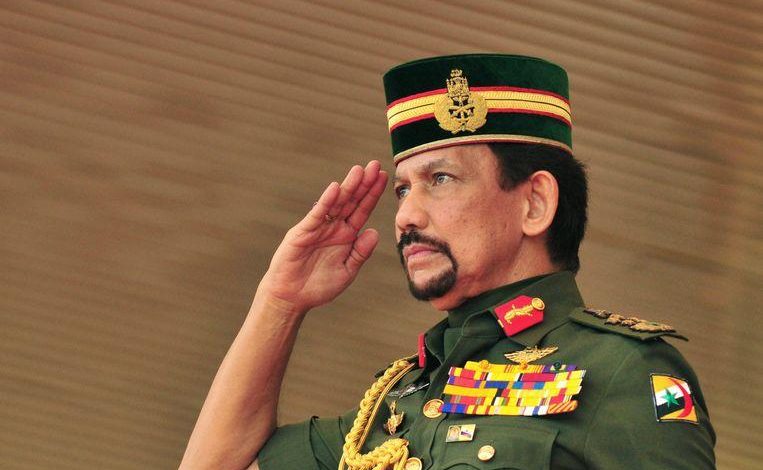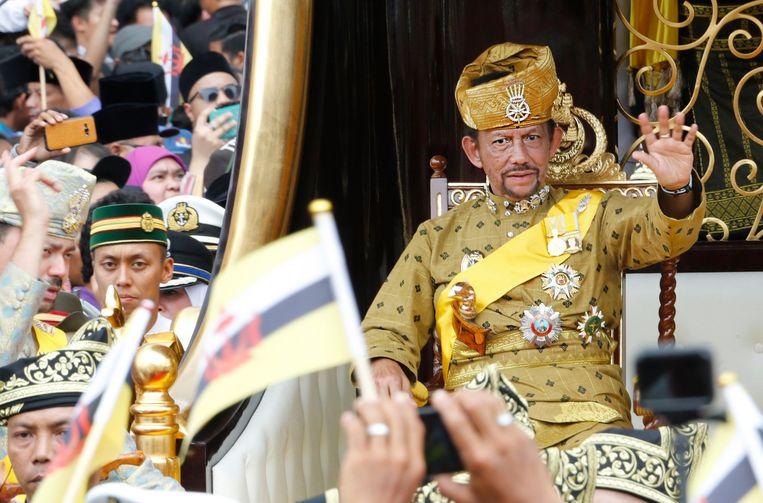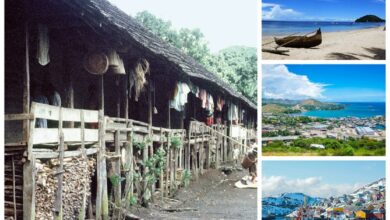Brunei reintroduces corporal punishment: death by stoning

From 3rd April, Brunei, a small country in Southeast Asia, will reintroduce horrible corporal punishment. Including death by stoning for men and women who are “guilty of homosexuality”. And thieves lose their hand when caught.
The new penalties have already been included in the Brunei Criminal Code and will enter into force on April 3rd. With this, the sultan of the Southeast Asian country, Hassanal Bolkiah, ignores international human rights law: it states that corporal punishment is prohibited in all forms. The Islamic law In 2014, Brunei already announced that criminal law would be based more on sharia, the “Islamic law”.
In this Islamic law corporal punishment including stoning, lashes and amputations are described. The death penalty would also be introduced for serious crimes. In this way, the Southeast Asian country replaced two legal systems – civil law and Islamic law – with one: the sharia.
Some new rules have already been implemented over the years. Alcohol is strictly forbidden and those who do not participate in prayer on Friday will fly into prison. However, due to resistance from the international community, it took a while before the strictest extracts from the Islamic law could be implemented.
Now that the time has come, Amnesty International is calling for it to act as an international community. “Legalizing this cruel and inhumane punishment is reprehensible,” said Rachel Chhoa-Howard member of Amnesty International in Brunei. “Some of these” crimes “- such as same-sex sexual acts – should not even be considered a crime,” she adds.
Homosexuality
Two people of the same sex having sex with each other have always been a criminal offense in Brunei, but from April a prison sentence is replaced by the death penalty. This also applies to rape and adultery. And while it was previously said that Shariah would apply to all residents – Including Buddhists and Christians – the Sultan now claims that Islamic law will only apply to Muslims who make up two-thirds of the population in Brunei.


